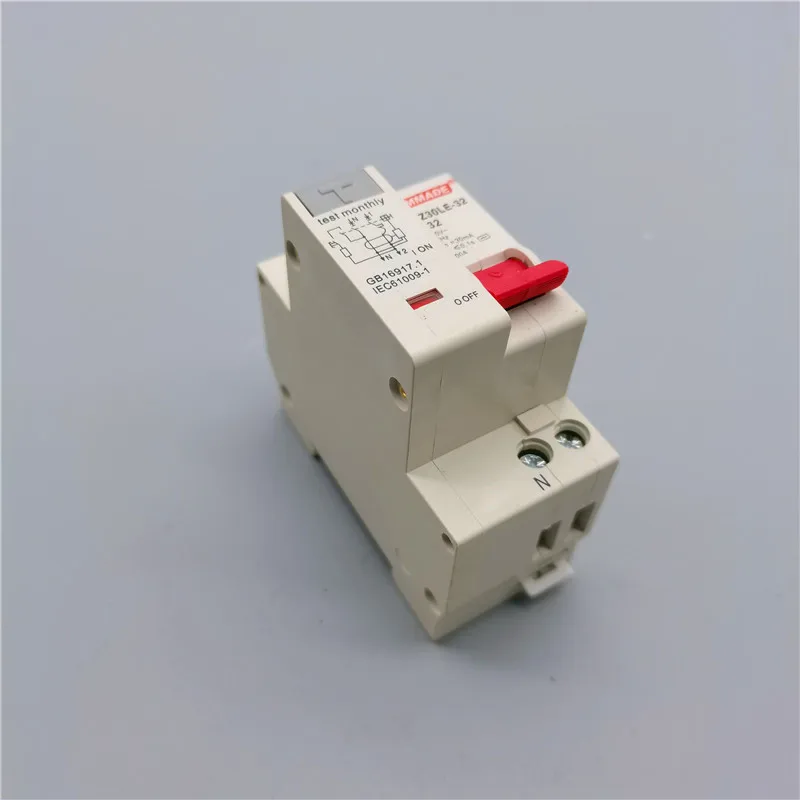Wrenches are fundamental tools used in a range of industries, from automotive services to construction. This handbook examines the various types of wrenches, their specific applications, and essential maintenance tips, with a focus on projects that may include geonets.

What types of wrenches are available?
Wrenches come in different designs, including adjustable, socket, torque, and box-end. Each type serves a unique purpose, making it essential to select the right one for your task.
How do you choose the correct wrench for your needs?
Selecting the right wrench involves considering the fastener size, the working space, and the required torque. For tight spaces, a ratchet wrench may be ideal, while larger bolts often need a torque wrench for accurate tightening.
What are typical applications for wrenches?
Wrenches are primarily used for tightening or loosening nuts and bolts. They find common use in automotive repairs, plumbing, and construction, particularly when geonets are involved for drainage or stabilization.
How do you maintain your wrench effectively?
To keep your wrenches in optimal condition, clean them after each use, store them in a dry location, and check for wear regularly. Proper maintenance ensures accuracy and prolongs the life of your tools, especially in precision work with geonets.
In summary, wrenches are indispensable for a wide array of tasks. By understanding the various types, knowing how to select the right one, and ensuring proper maintenance, you can significantly improve your efficiency in projects. Whether working with standard fasteners or integrating geonets into your construction work, a reliable wrench is crucial for achieving successful results.